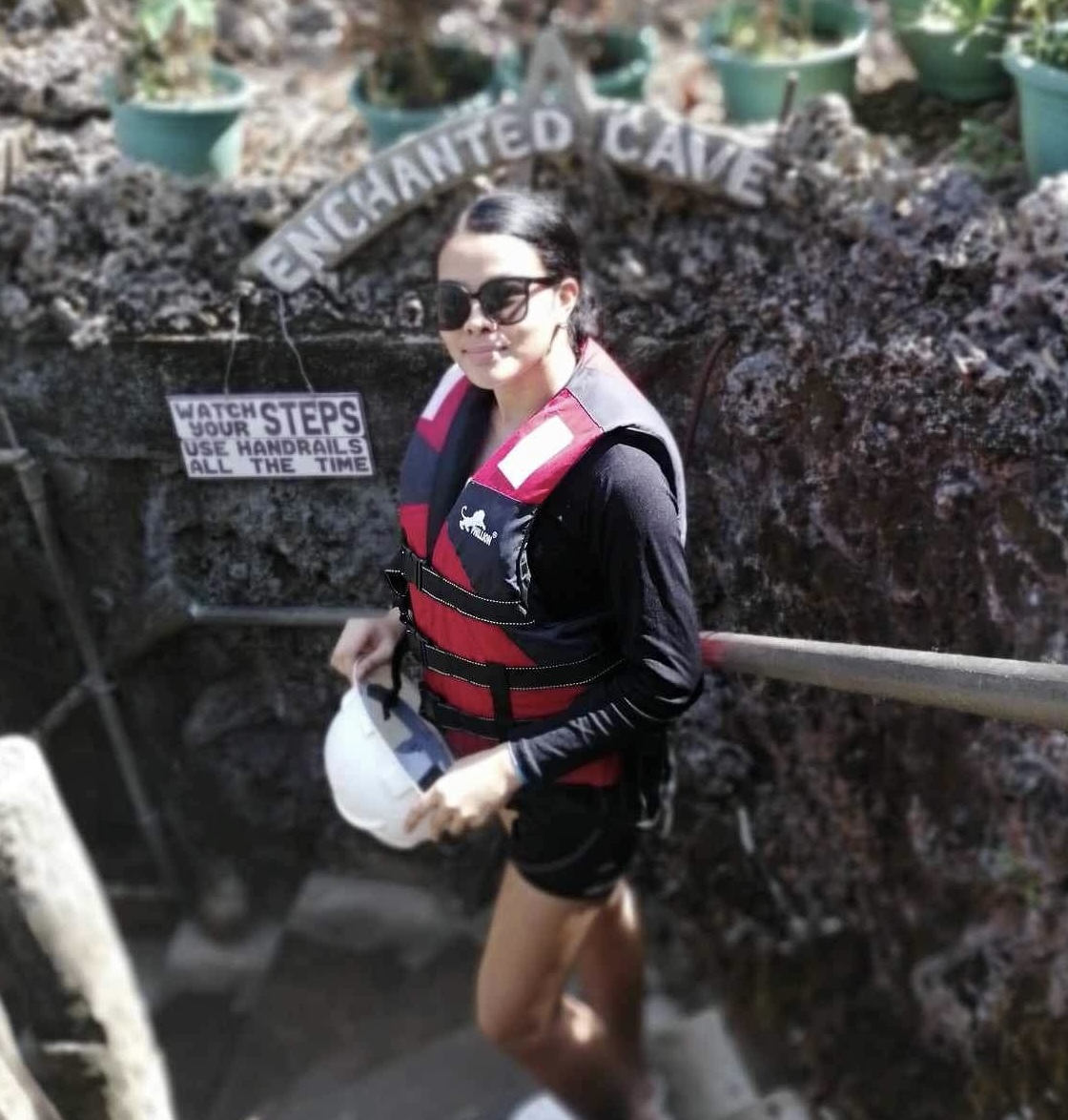Backpacking is a thrilling and adventurous way to explore the world. It offers a unique experience that allows you to immerse yourself in nature while carrying everything you need to survive on your back. However, to make the most of your backpacking adventure, you need to have the right gear and backpacking essentials.
In this article, we will discuss the must-have backpacking essentials that will make your adventure comfortable, safe, and enjoyable.

List of Backpacking Essentials
1. Backpack
A good backpack is the most essential item for backpacking. It should be comfortable, durable, and spacious enough to carry all your gear. Choose a backpack that fits your body size and is made of high-quality materials. Look for a backpack with features like a waterproof cover, padded straps, and multiple compartments to keep your gear organized.
2. Sleeping Bag
A comfortable and warm sleeping bag is a backpacking essential for a good night’s sleep. Choose a sleeping bag that is suitable for the climate and weather conditions of your destination. Look for sleeping bags that are lightweight, compact, and easy to pack. Down sleeping bags are the most popular choice for backpacking as they are lightweight, durable, and provide excellent insulation.
3. Tent
A tent is a backpacking essentials as it provides shelter from the elements. Choose a tent that is lightweight, easy to set up, and can withstand different weather conditions. Look for tents that are spacious enough to accommodate you and your gear comfortably. A good tent should also have features like waterproof rainfly, mesh windows for ventilation, and a vestibule to store your gear.
4. Water Filter
Clean and safe drinking water is crucial for backpacking. In most cases, you will not have access to clean water sources, and carrying water can be heavy. A water filter is essential for backpacking as it allows you to filter water from natural sources like rivers and streams. Look for water filters that are lightweight, easy to use, and can filter out bacteria and viruses.
5. Navigation Tools
Navigating through unfamiliar terrain can be challenging, and getting lost can be dangerous. A map and a compass are essential navigation tools for backpacking. Learn how to read a map and use a compass to navigate your way through the wilderness. You can also use GPS devices or smartphone apps to navigate, but make sure to carry extra batteries or a power bank.
6. First Aid Kit
Injuries and accidents can happen during backpacking, and a first aid kit can be a lifesaver. A good first aid kit should contain essentials like bandages, antiseptic wipes, pain relievers, and insect repellent. Customize your first aid kit based on the length and difficulty of your backpacking trip.
7. Headlamp
A headlamp is a backpacking essential as it allows you to navigate in the dark and keep your hands free. Choose a headlamp that is lightweight, durable, and has adjustable brightness levels. Look for headlamps that are waterproof and can last for a long time on a single battery charge.
8. Food and Cooking Supplies
Food is essential for backpacking, and carrying lightweight, high-energy food is crucial. Pack food that is easy to prepare and does not require refrigeration. You can also carry a lightweight stove, fuel, and cooking supplies to prepare hot meals. Look for stoves that are lightweight, compact, and easy to use.

9. Clothing and Footwear
The right clothing and footwear can make your backpacking experience comfortable and enjoyable. Choose clothes that are lightweight, breathable, and moisture-wicking. Avoid cotton clothing as it absorbs moisture and takes a long time to dry. Choose footwear that is comfortable, durable, and suitable for the terrain and weather conditions of your destination.
10. Personal Hygiene Items
Personal hygiene items are essential for backpacking as they help you stay clean and healthy. Pack items like toothbrush, toothpaste, soap, and hand sanitizer. You can also carry wet wipes or a small towel to freshen up.
11. Sun Protection
Sun protection is essential for backpacking as prolonged exposure to the sun can cause sunburn, dehydration, and other health issues. Pack items like sunscreen, sunglasses, and a hat to protect your skin and eyes from the sun.
12. Insect Repellent
Insects like mosquitoes and ticks can be a nuisance and a health risk during backpacking. Pack insect repellent to keep them at bay. Look for repellents that are effective against a wide range of insects and safe for use on skin and clothing.
13. Communication Device
A communication device can be a lifesaver in case of an emergency or to stay in touch with your loved ones. Pack items like a satellite phone, a two-way radio, or a personal locator beacon (PLB) that can send distress signals and your location in case of an emergency.
14. Emergency Shelter
An emergency shelter is a backup option in case your tent is damaged or lost. Pack items like a lightweight tarp or a bivy sack that can provide temporary shelter in case of an emergency.
15. Multi-Tool
A multi-tool is a versatile and handy item that can serve many purposes during backpacking. It can be used for cutting, opening, tightening, and fixing various things. Look for a multi-tool that is lightweight, durable, and has multiple functions.
In conclusion, backpacking is a thrilling and adventurous way to explore the world, but it requires proper planning and preparation. The above backpacking essentials will help you have a comfortable, safe, and enjoyable backpacking adventure. Remember to pack only the essentials and keep your backpack as lightweight as possible. Happy backpacking!

I’m Ken, an avid travel blogger and a nurse chronicling my adventures on “The Sneaky Traveller.” My journey in healthcare and travel enthusiast is driven by a desire to make a meaningful impact in both realms.
